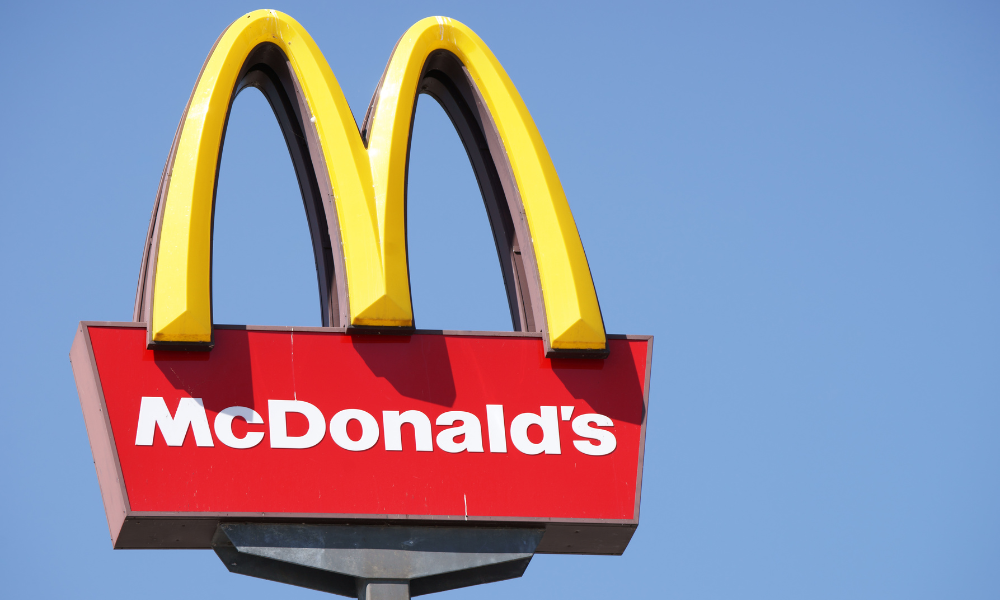
Exec engaged in sexual relations with employee and hid the truth from stakeholders, says SEC

A former McDonald’s executive is in hot water once again.
The Securities and Exchange Commission (SEC) has charged former company CEO Steve Easterbrook for making false and misleading statements to investors about the circumstances leading to his termination in November 2019.
Easterbrook has consented to entry of the SEC’s cease-and-desist order, which imposes a five-year officer and director bar and a $400,000 civil penalty.
Easterbrook was ousted over a consensual relationship with an employee. However, McDonald’s and Easterbrook entered into a separation agreement that concluded his termination was without cause, according to the SEC.
The deal allowed Easterbrook to retain substantial equity compensation that otherwise would have been forfeited, according to the government body. However, McDonald’s did not disclose the agreement to investors.
In 2020, McDonald’s discovered through an internal investigation that Easterbrook had engaged in other undisclosed, improper relationships with additional McDonald’s employees.
"Public issuers, like McDonald's, are required to disclose and explain all material elements of their CEO’s compensation, including factors regarding any separation agreements," said Mark Cave, associate director of the Division of Enforcement at SEC. "Today’s order finds that McDonald’s failed to disclose that the company exercised discretion in treating Easterbrook’s termination as without cause in conjunction with the execution of a separation agreement valued at more than $40 million."
In late 2021, McDonald’s settled a lawsuit with Easterbrook, in which the disgraced executive was tasked to pay back his severance package of $105 million in cash and equity awards. McDonald’s filed a $40 million lawsuit against Easterbrook in August 2020, alleging he lied to the company’s board and misled investigators about his physical sexual relationships with three employees in 2018.
The SEC’s order also finds that McDonald’s violated Section 14(a) of the Exchange Act and Exchange Act Rule 14a-3. Without admitting or denying its findings, McDonald’s has consented to the SEC’s cease-and-desist order.
However, the Commission determined not to impose a financial penalty on McDonald’s in light of the substantial cooperation it provided to SEC staff during the course of its investigation – including voluntarily providing information not otherwise required to be produced in response to the staff’s requests – as well as the remedial measures undertaken by McDonald’s – including seeking and ultimately recovering the compensation Easterbrook received pursuant to the separation agreement.